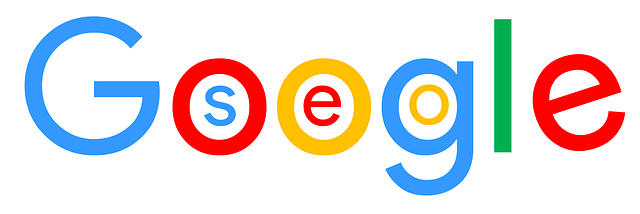
The higher you rank in search results, the more visits on average you get from Google search. With that in mind, let’s now take a look at some myths and realities of correlation in SEO:
1. Correlation doesn’t tell us which way the connection runs
Correlation does not tell us whether a particular factor influences the rankings or whether higher rankings influence a particular factor. Let’s use Facebook shares as an example. Is it the case that a search result that ranks highly in Google gets people sharing more on Facebook because it’s been seen by more people who’ve searched for it, or is it ranking well because it has more shares? Do Facebook shares influence Google results?
It could certainly be the case that Google results influence Facebook searches (and in turn, shares), and this is definitely possible.
2. Correlation tells us what more successful pages and sites do that less successful sites and pages do not do
This demonstrates that pages that are getting more Facebook shares tend to do better than pages that are not getting as many Facebook shares. This is certainly information worth knowing and information worth investing in because it gives you a sure-fire way of analysing your competition and finding ways to outsmart them.
3. Low correlation does not mean that a metric or tactic does not work
Google has changed tremendously over the years (decades), and just because you are using a particular SEO tactic, doesn’t mean that it’s not working. For instance, traditionally, putting a particular keyword in your Meta title and Meta description helped you to rank well for that particular keyword, but today there is so much more to successful ranking than merely your Meta title and Meta description.

Since competition is so rife and there are so many thousands of websites out there, other factors are also taken into account, but that doesn’t mean to say that your Meta title or Meta description are no longer important.
What is correlation good for?
• IDing the elements that more successful pages tend to have
• Watching elements over time to see if they rise or fall in correlation
• Comparing sets of search results against one another to identity unique attributes
• Judging metrics as a predictive ranking ability
• Finding elements to test
As you can see, correlation is good for a number of things. However, keep in mind that correlation can be very misleading when it comes to ranking factors and SEO. With this in mind, be sure to use it carefully and understand that so many different factors influence SEO success today.
The easiest way to achieve SEO success for your business is to employ the assistance of a reputable SEO and digital marketing agency, who will help you to transform your business and achieve immense success.
Contact 8 Ways Media today to discuss your needs with a member of our team. We’re waiting to hear from you!








